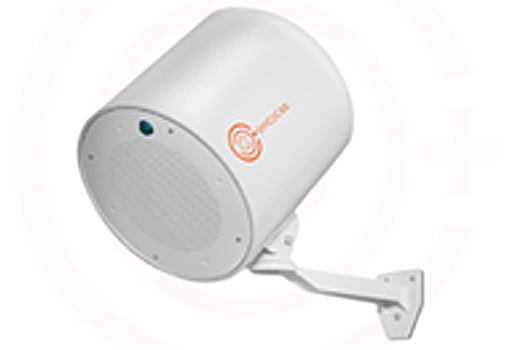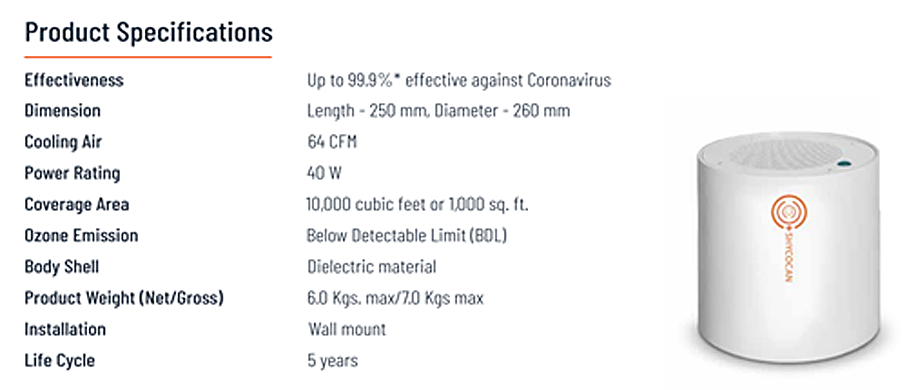- Over 50gw of solar installations in india are protected by socomec pv disconnect switches, driving sustainable growth
- Draft Karnataka Space Tech policy launched at Bengaluru Tech Summit
- एसर ने अहमदाबाद में अपने पहले मेगा स्टोर एसर प्लाज़ा की शुरूआत की
- Acer Opens Its First Mega Store, Acer Plaza, in Ahmedabad
- Few blockbusters in the last four or five years have been the worst films: Filmmaker R. Balki
Shycocan – A Technological Breakthrough Towards Virus Attenuation

The Shycocan is a revolutionary Viral Defence System. The device, built in 2018, even before the pandemic, was developed after a decade of research by an Indian scientist and inventor, Dr Rajah Vijay Kumar. Shycocan covers an area of up to 1,000 square feet of uninterrupted enclosed spaces, and one could simply use more devices for larger areas. It has no consumables or filters and consumes just as much electricity as a 40-watt light bulb, making it practically a low to no-maintenance cost device. It is effective for both surface and air-borne viruses and is backed by a global service and support network, besides a one-year replacement warranty.
The Scalene Hypercharge Corona Cannon (Shycocan) is the brainchild of renowned inventor-scientist Dr Rajah Vijay Kumar, who holds over 30 global patents. The Shycocan is certified as a CE European Union Class-I product and approved to be marketed by the USFDA under ‘Emergency Discretion Guidance’ during the COVID-19 Pandemic/ Public Health Emergency in the US.

The aim of the device is to protect lives and livelihoods from current and future pandemics and make the world a safer place. In addition, its innovative technology helps bring business back to business and life back to normal in a safe and sustainable manner. Designed using a new Photon Mediated Electron Emission technology, it was tested and found to disable the entire Coronavirus family with up to 99.9% efficacy indoors after being tested across multiple accredited virology labs worldwide. This includes TNO, Netherlands, where the device was tested on the most resilient stainless steel surfaces; at IIT Guwahati; and in Mexico, among other places. Snapshots of the reports are also available online to review.


